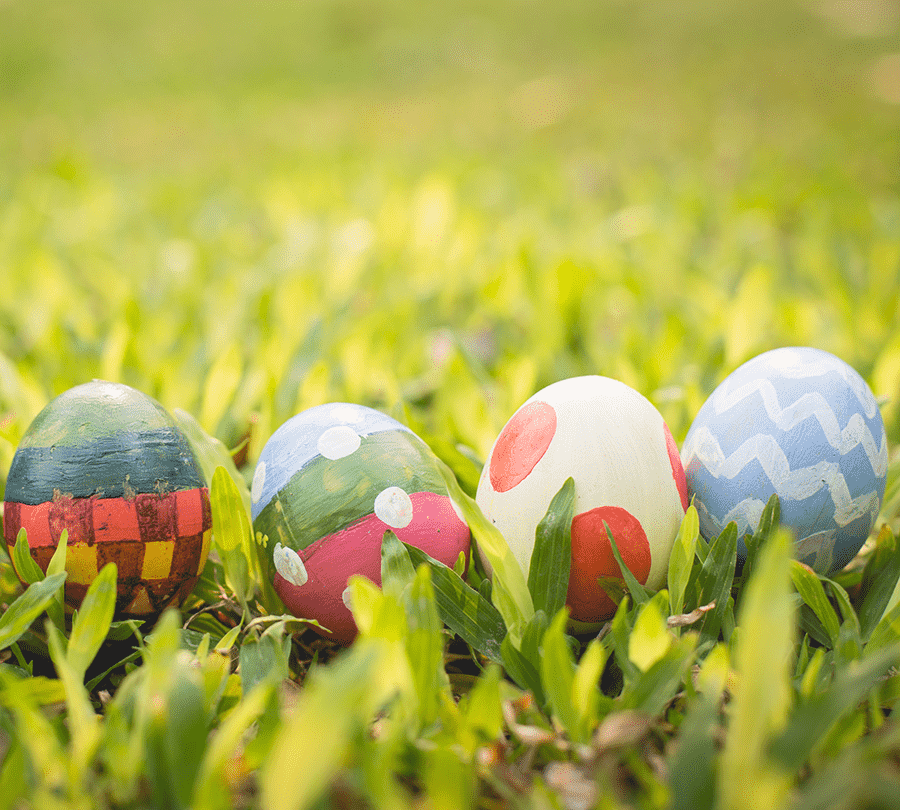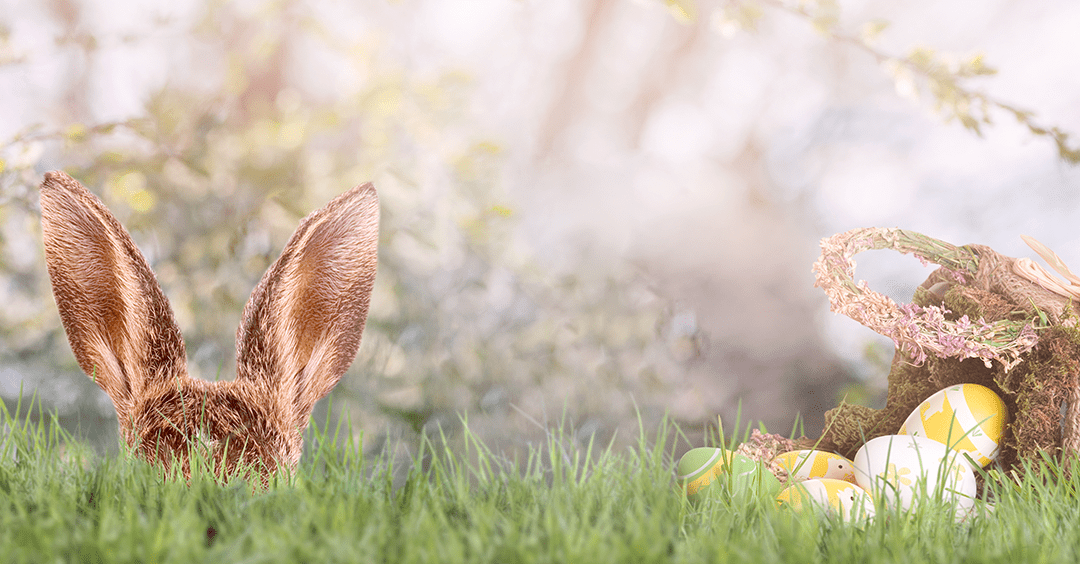Easter is a time of celebration and joy. To me, it signifies the arrival of spring, but it’s also important to consider our celebrations’ impact on the environment. Fortunately, there are many ways to have a sustainable Easter that is both fun and eco-friendly. Below are five tips I am embracing this year.
The following content may contain affiliate links. We receive a commission when you click on the images and shop the links.
Choose sustainable decorations
When it comes to decorating for Easter, there are plenty of sustainable options. Instead of buying disposable plastic decorations, opt for reusable items made from natural materials, like wooden eggs or felt bunting. You could even make your own decorations using recycled materials, like old cardboard or fabric scraps. I love the plastic-free Easter eggs available on Amazon. They can be painted with environmentally friendly paints and re-used year after year.
Go for eco-friendly Easter baskets
Instead of using plastic Easter baskets that will end up in a landfill, consider using baskets made from sustainable materials, like bamboo or recycled plastic. Or, you could skip the basket altogether and use a reusable tote bag or a decorative bowl. The first image below is a basket made from bamboo, and the second image is of a handmade wicker rattan basket that is cute for Easter and other floral arrangements throughout the spring and summer. Both are from Amazon, and they are lovely.
Purchase organic and local treats
Easter treats are a must-have, but it’s important to consider where they come from. Try to buy organic, fair trade chocolate or sweets made with sustainable ingredients. Additionally, buying from local businesses or farmers markets can help reduce your carbon footprint. I love the chocolate by Beyond Good linked below. Additional eco-friendly chocolate brands to consider are Tony’s Chocolonely, Alter Eco, and Theo Chocolate.
Plan eco-friendly Easter activities
Easter activities can be both fun and sustainable. Consider having an egg hunt using real eggs instead of plastic ones. You could also organize a nature walk or a gardening project, which can help children connect with nature and learn about sustainable living.

Reduce food waste
Easter is a time for indulgence, but it’s important to be mindful of food waste. Plan ahead and only buy what you need, and consider using leftovers to create new dishes. You could even compost any food scraps to reduce your environmental impact.
By following these tips, you can have a sustainable Easter celebration that is kind to the environment. Not only will you be reducing your carbon footprint, but you’ll also be setting a positive example for others to follow. Remember, small changes can make a big difference, so don’t be afraid to try new sustainable practices this Easter and beyond. Have a happy and eco-friendly Easter!







Recent Comments